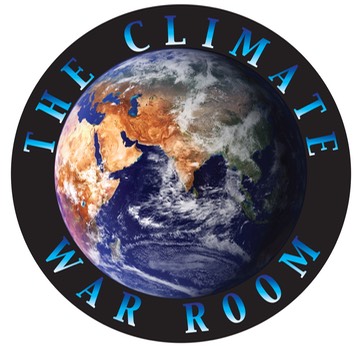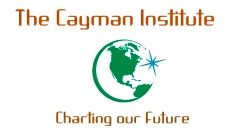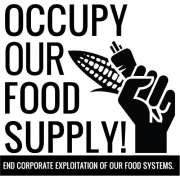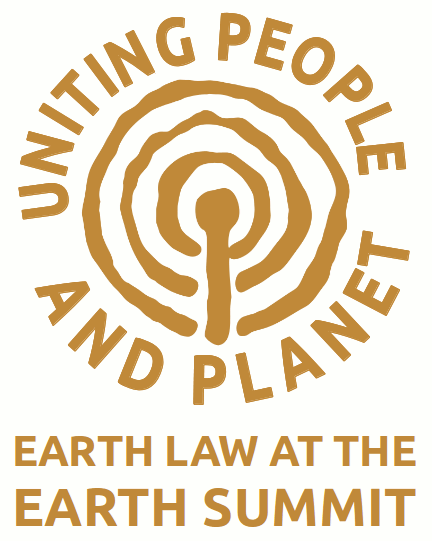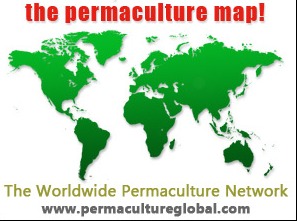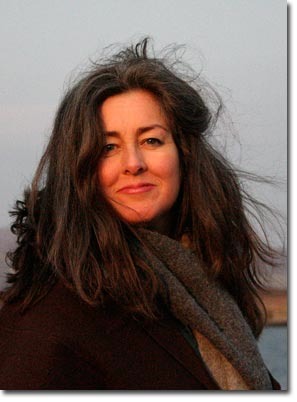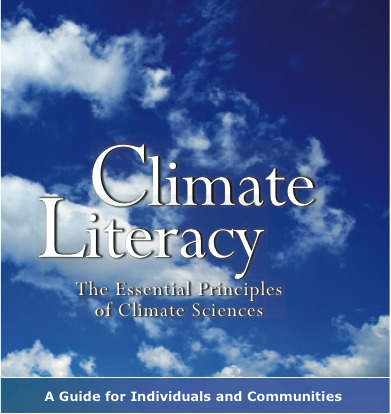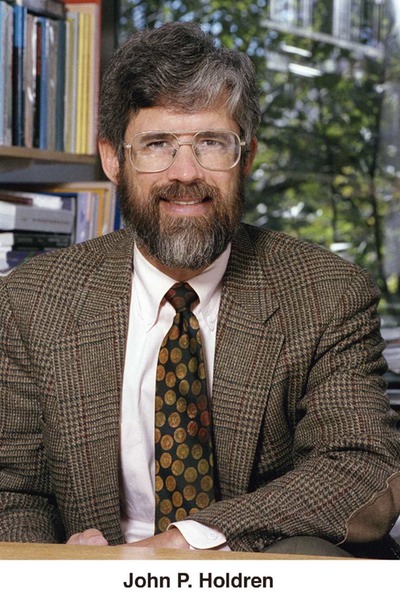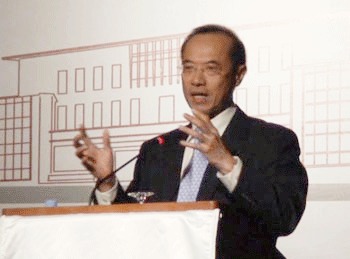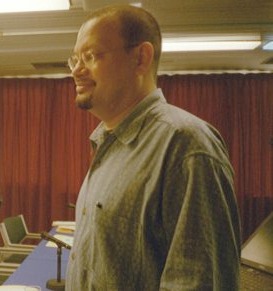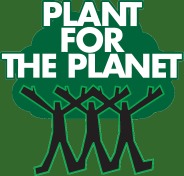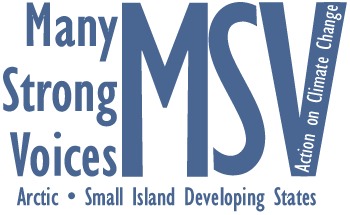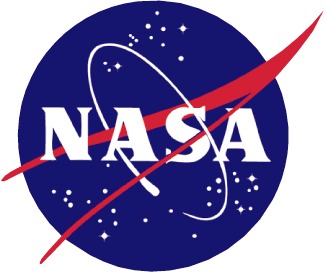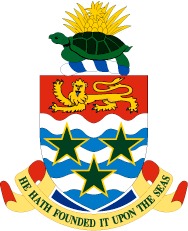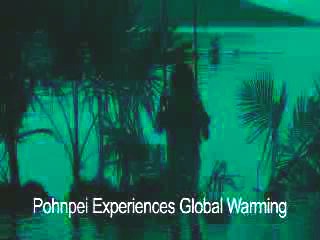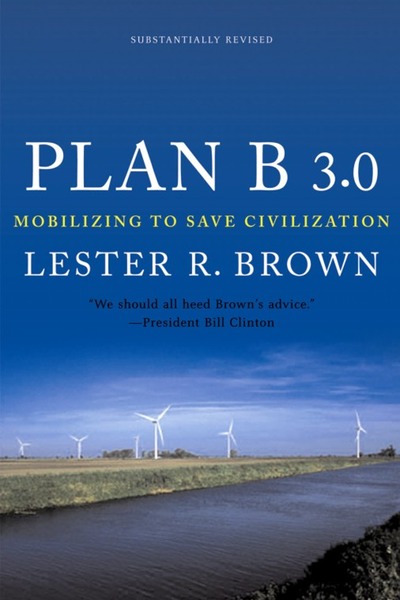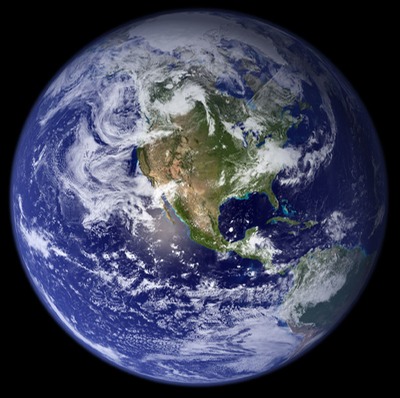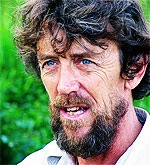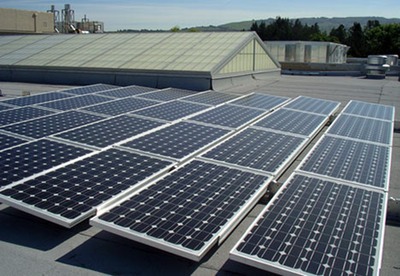Who Are We? A look at the ‘other’: Paper Caymanians and Cultural Violence.
Karl W. Deutsch defines a nation thusly stating;
“A nation is a group of people united by a common mistake regarding its origin and a collective hostility towards its neighbors”
This definition may seem strange, but for those who live on what was originally an uninhabited island by default have ancestors that were immigrants.
Scientists, in tracing mitochondrial DNA have found that the entire human race can be traced back to a very small gene pool in southern-most Africa. We are therefore all related, however distantly.
We now live and compete in a globalized world. We may not think about this fact or we may try to ignore it, but without skilled workers from overseas your phones and Internet may not function and your garbage would lie rotting outside your home.
This is a function of having a very small population of belongers. There are not enough skilled Caymanians to fill all the necessary positions to enable this society to function. Therefore, to keep the society working smoothly the Cayman Islands needs to keep attracting skilled workers. Now think about this for a moment and you may conclude that all financial centres and small societies need to attract skilled workers. I mentioned globalization previously in this article and one of the paradigms of globalization is that we are all competing for the same resources, be it oil, clients, tourists or doctors.
Prospective employees have choices, they do not have to come to the Cayman Islands, they can go to Bahrain or Dubai, Hong Kong or the Channel Islands. They can go where the conditions are to their liking and advantage. With globalization, the world has shrunk, i.e. the offshore financial community or the legal community communicate among themselves in numerous ways, both officially and socially, and if a jurisdiction has the reputation of being unfriendly, word will spread quickly.
The Cayman Islands cannot afford to be complacent as tourism and finance, on which our economy is based, gives a perspective client many options from which to choose. These islands must constantly be evaluating themselves against other holiday destinations and other offshore financial centres. We must ask ourselves if we are pricing ourselves above the level of service that we provide. We should also be asking if our competition is doing a better job that we are.
Looking back at the economy of the Cayman Islands in the 1960’s those of you old enough to remember will also recall that some of the only employment was for the men to go to sea with National Bulk Carriers and other shipping lines. The women raised the children on their own. Not an ideal situation for raising a family.
The islands started to change when immigrants started to settle and make investments. Over the next twenty years as development progressed more jobs became available allowing men to find employment locally and stay at home with their families. I would hazard a guess that very few of us would want to return to the conditions of the 1960’s.
For the Cayman Islands to survive in a globalized world, faced as we are with global competition, rapidly rising oil prices and a worldwide disruption of our climate we must provide the best service that we can. Value for dollar spent is what needs to be maintained. However, to provide first class service we need first class personnel and to attract and keep them we need to undertake self-examination of the conditions under which guest workers reside in the Cayman Islands.
It is in the interests of all the inhabitants and the government of these islands to do their utmost to promote social harmony and cohesion. Those people who have been granted citizenship should be regarded at as assets to these islands, they have skills that we need to keep the Cayman Islands functioning. Calling them ‘paper Caymanians’ is demeaning, and is a term that is looked upon as cultural violence and is unacceptable in the Cayman Islands of today. It is no different from taking the American flag and throwing it on the ground and trampling on it in front of a patriotic American. In some countries, "A person commits an offence if he prints, publishes or disseminates any material, whether by audio or video-cassettes or by written, photographic, electronic, digital or any other method which incites religious, sectarian or ethnic hatred." Perhaps we too need such a law if as a society we cannot temper our intolerance to those that come to these islands to assist our development.
Many Caymanians have American citizenship and we all are all British citizens with the right to live and work anywhere in the European Union. This allows our children to attend some of the best universities and gather experience in London and exposure to things our forefathers could only have dreamt of!
To look at the larger picture, it must be borne in mind that we, the human race live on a small insignificant planet that is, if the truth, be known a very fragile biosphere. The numbers of us on Earth are growing at an alarming pace and the necessary resources to support us are diminishing. By 2050 there will be over nine billion of us struggling to survive and the only way to do so is by cooperation between individuals, towns, countries and globally. We needs must see ourselves as members of the human race, all members of the same tribe, and therefore must start the process with treating each other, Caymanian and expat alike in a manner that might give us all hope of a world of tomorrow existing in the future.
George Town, Cayman
Islands 3rd. September 2008
Nick Robson © 2008
The Cayman Institute
